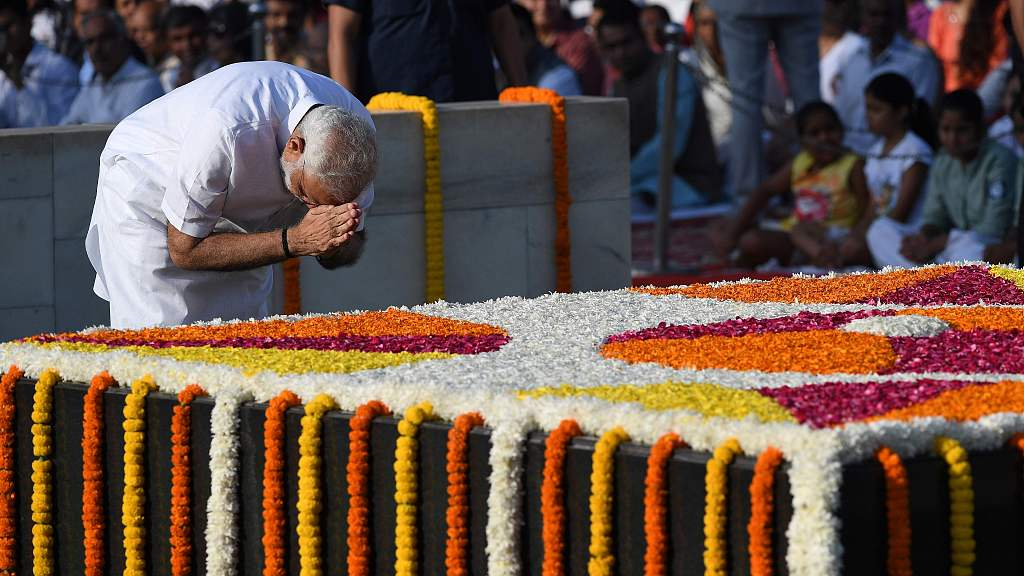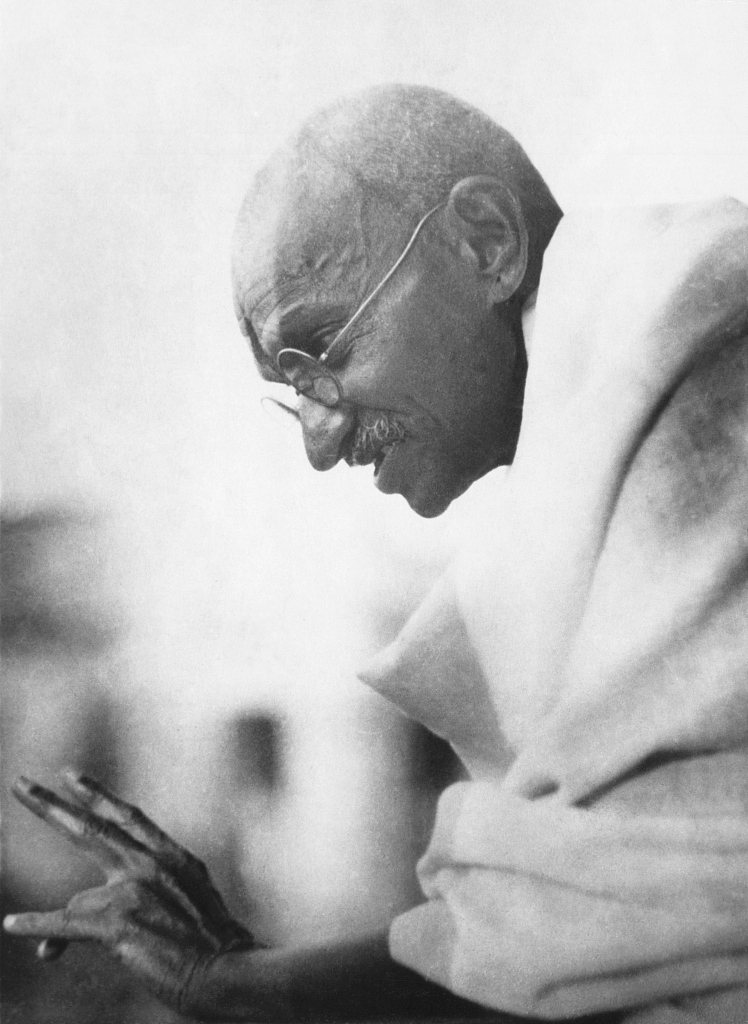
Chinese people’s respect and regard for Mahatma Gandhi, who is considered the "Father of the Indian nation," is reinforced yet again on the occasion of his 150th birth anniversary on October 2.
In Beijing, the Mahatma is remembered and honored every year on the day. Non-resident Indians and local Chinese renew their cultural ties and friendships by coming together to garland the Mahatma's statue, which is at Chaoyang Park, a prominent and much-visited location in the national capital.
Gandhi's statue shares the surrounding space with statues of Karl Marx, Ignacee Jan Pedrevsky and Hristo Botev, all installed here in tribute to those giants of men and to inspire visitors to the park.
Gandhi never visited China in his lifetime, but his philosophy of peace and non-violence continue to strike a chord among local people, who have known him through his works, and books and films about him.
During 1920, when the Mahatma's influence was spreading across not only India but the world, Chinese people sought to draw inspiration from his peaceful approach to India's struggle for independence from British colonial rule.
Around the same time, large parts of China had a presence of powerful foreign powers such as the United Kingdom, the United States, France and Germany. It was also a time of civil unrest in China.

File photo of Mahatma Gandhi. /VCG Photo
File photo of Mahatma Gandhi. /VCG Photo
When Gandhi attained martyrdom in 1948, a year after India gained freedom in 1947, he found a permanent place in Chinese hearts. The Chinese people believe Gandhi had great love for China and tracked its development. It is matter of record that Gandhi had extended moral support to the Chinese people during their struggle against the invading Japanese forces.
In the last 20 years of the Chinese Revolution, nearly 30 Gandhi's autobiographies, his views and works were published in Chinese. Similarly, Gandhi's composition on an autonomous India was translated into Chinese.
In then important Eastern Magazine of China, about 70 articles on the Indian national independence movement, Gandhi, Gandhism, an abridged version of his autobiography, nonviolence and self-rule was published. A special edition of the magazine was titled "Gandhi and New India."
Between 1920 and 1924, the magazine published as many as 20 articles on the Gandhi-led non-cooperation movement in India. The Mahatma was described as the ideal leader of India, a great revolutionary, and a social reformer.
Back then, some universities in China had introduced special programs devoted to Gandhian studies, suggesting that the Gandhian thought had great appeal and attraction for Chinese minds. The general view was that Gandhi's humanitarian approach was not just a message for India but the whole world.
That spirit continues to animate people-to-people exchanges between Indians and Chinese in China and elsewhere even today, when bilateral friendship rather than mistrust and brinkmanship are seen as the ideal way forward for the two giant economies to develop further and prosper together.